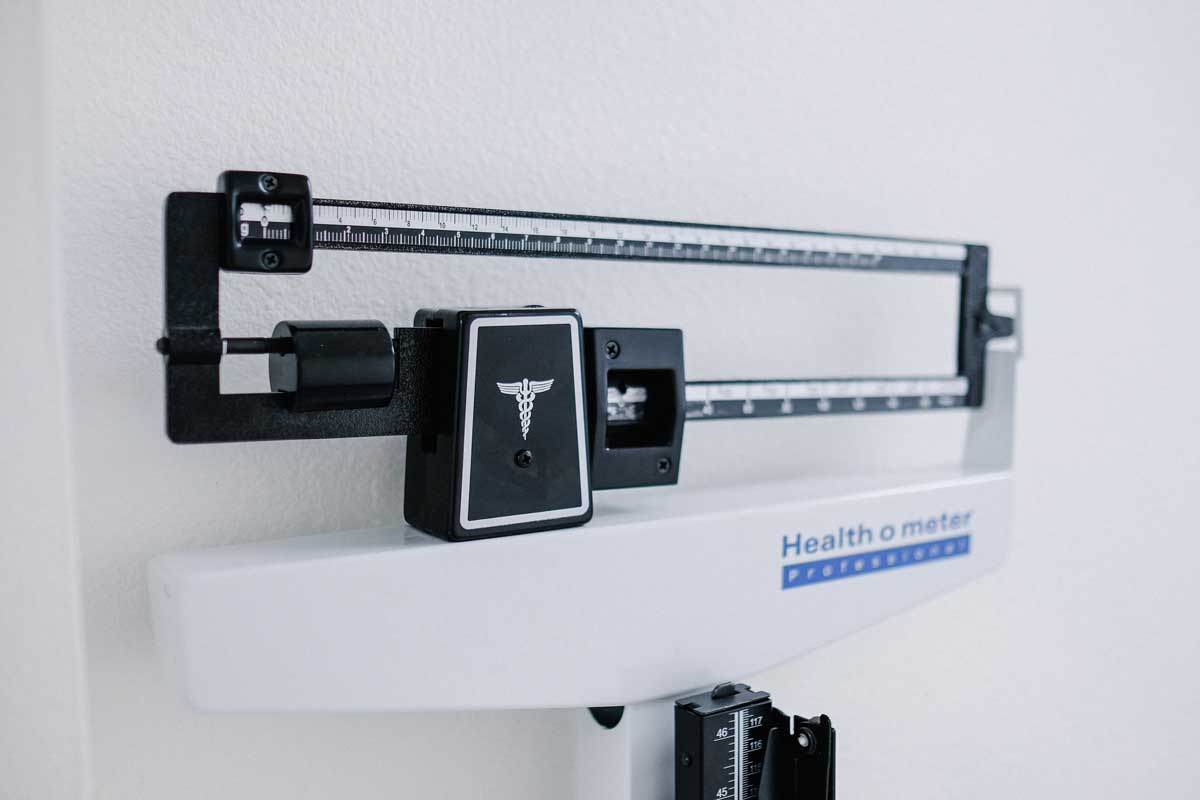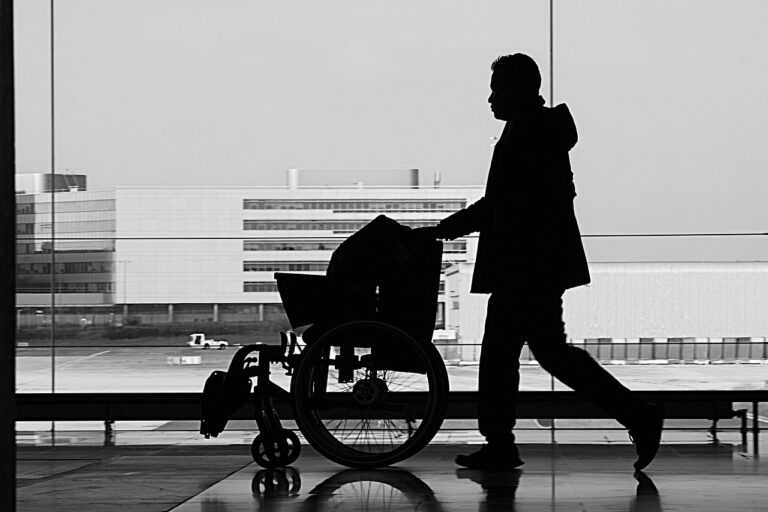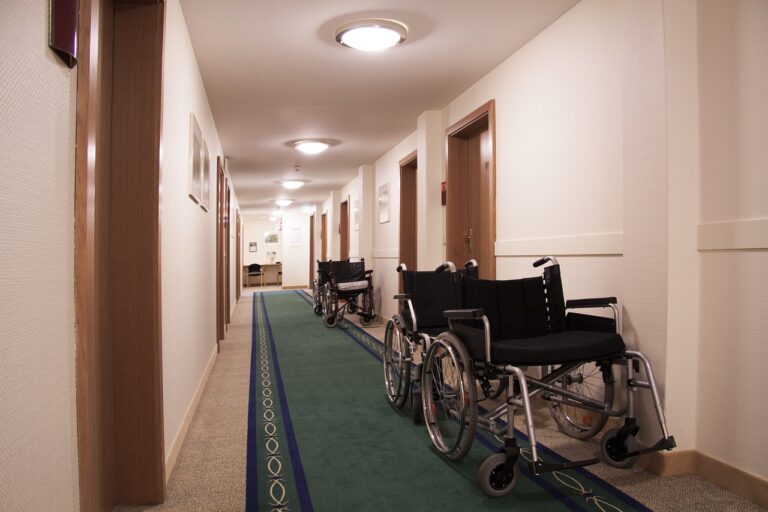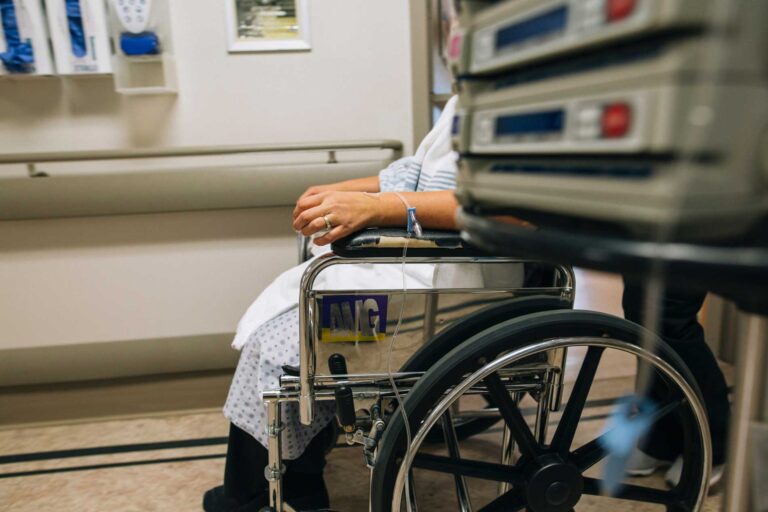For morbidly obese individuals, transportation can be a major challenge. Many public transportation options, such as buses and trains, may not be accessible or accommodating for those with larger bodies. This can lead to social isolation, limited job opportunities, and decreased access to healthcare. It’s important to address this issue and find solutions to ensure that everyone has access to safe and reliable transportation.
The challenges faced by morbidly obese individuals in accessing transportation.
Morbidly obese individuals face numerous challenges when it comes to accessing transportation. Many public transportation options are not designed to accommodate larger bodies, making it difficult or impossible for them to use these services. This can lead to social isolation, as they may be unable to attend social events or visit friends and family. It can also limit job opportunities, as they may be unable to commute to work. Additionally, it can make it difficult to access healthcare, which can have serious consequences for their overall health and well-being. It’s important to address these challenges and find solutions to ensure that everyone has access to safe and reliable transportation.
The impact of inaccessible transportation on physical and mental health.
The lack of accessible transportation options for morbidly obese individuals can have a significant impact on both their physical and mental health. Without reliable transportation, they may struggle to access healthcare services, leading to untreated medical conditions and a decline in overall health. Additionally, the social isolation that can result from limited transportation options can lead to depression and anxiety. It’s important to recognize the impact of inaccessible transportation on the well-being of morbidly obese individuals and work towards finding solutions to address this issue.
You can call or click to book your next Doctor Dash ride:
The economic and social costs of neglecting accessible transportation.
Neglecting accessible transportation for morbidly obese individuals can have significant economic and social costs. Without reliable transportation, individuals may struggle to maintain employment or attend important appointments, leading to financial strain and decreased productivity. Additionally, the social isolation that can result from limited transportation options can lead to decreased community engagement and a decreased sense of belonging. It’s important to address this issue to ensure that all individuals have access to the resources they need to thrive.
Examples of successful accessible transportation initiatives.
There are several successful accessible transportation initiatives that have been implemented to address the needs of morbidly obese individuals. One example is the use of bariatric ambulances, which are equipped with specialized equipment and trained staff to safely transport individuals who weigh over 500 pounds. Another example is the implementation of wider seats and ramps on public transportation vehicles, such as buses and trains, to accommodate larger individuals. These initiatives have helped to improve the quality of life for morbidly obese individuals by providing them with safe and reliable transportation options.
The need for continued advocacy and action to improve transportation options for all individuals.
While there have been some successful initiatives to improve accessible transportation for morbidly obese individuals, there is still a long way to go. It is important for advocates and policymakers to continue pushing for more inclusive transportation options that can accommodate individuals of all sizes and abilities. By addressing this issue, we can improve the quality of life for millions of people and ensure that everyone has access to safe and reliable transportation.




